Overview
This template provides a production‑ready DokuWiki instance as a Monk runnable. You can:- Run it directly to get a managed wiki for documentation and knowledge management
- Inherit it in your own projects to add collaborative documentation capabilities
What this template manages
- DokuWiki container (PHP-based)
- File-based storage (no database required)
- Web server (Apache or Nginx)
- Plugin and template system
- Web UI on port 80
Quick start (run directly)
- Load templates
- Run DokuWiki with defaults
- Customize configuration (recommended via inheritance)
variables. Secrets added with monk secrets add will not affect this runnable unless you inherit it and reference those secrets.
- Preferred: inherit and replace variables with
secret("...")as shown below. - Alternative: fork/clone and edit the
variablesindokuwiki/dokuwiki.yaml, thenmonk load MANIFESTand run.
http://localhost:80 (or the runnable hostname inside Monk networks) and complete the initial setup.
Default wiki is publicly viewable. Configure access control in the admin panel.
Configuration
Key variables you can customize in this template:${monk-volume-path}/dokuwiki on the host.
Use by inheritance (recommended for teams)
Inherit DokuWiki for team documentation. Example:Ports and connectivity
- Service:
dokuwikion TCP port80 - Web UI accessible at
http://\<host>/ - Admin panel:
http://\<host>/doku.php?do=admin - From other runnables in the same process group, use
connection-hostname("\<connection-name>")to resolve the host.
Persistence and configuration
- Wiki data:
${monk-volume-path}/dokuwiki/data:/dokuwiki/data - Config:
${monk-volume-path}/dokuwiki/conf:/dokuwiki/conf - Plugins:
${monk-volume-path}/dokuwiki/plugins:/dokuwiki/lib/plugins - Templates:
${monk-volume-path}/dokuwiki/templates:/dokuwiki/lib/tpl
Features
- No Database: File-based storage is simple and portable
- Clean Syntax: Easy-to-learn wiki markup
- Access Control: Granular permissions per page and namespace
- Version Control: Built-in revision history
- Media Manager: Upload and organize images and files
- Extensible: 1000+ plugins available
- Search: Built-in full-text search
- Namespaces: Organize pages hierarchically
- Templates: Customizable appearance
Wiki Syntax
DokuWiki uses simple markup:Popular Plugins
Extend DokuWiki:- Markdown: Write in Markdown instead of wiki syntax
- TableEdit: Edit tables visually
- Discussion: Add comments to pages
- Task: Create todo lists
- Gallery: Image galleries
- Diagram: Create diagrams with PlantUML, Graphviz
Access Control
Configure in Admin → Access Control List:- Set permissions per namespace or page
- Define user groups
- Control read, write, upload, and delete permissions
- Support for LDAP/AD authentication
Use cases
DokuWiki excels at:- Technical documentation
- Team knowledge bases
- Project wikis
- API documentation
- Meeting notes and collaboration
- Personal knowledge management
- Software documentation
Backup and Migration
DokuWiki is easy to backup:- All data is in flat files
- Simply backup the
/dokuwiki/datadirectory - No database dumps required
- Restore by copying files to new installation
Related templates
- See other templates in this repository for complementary services
- Combine with monitoring tools (
prometheus-grafana/) for observability - Integrate with your application stack as needed
Troubleshooting
- Access admin panel at
http://localhost/doku.php?do=admin - First-time setup runs automatically on first access
- Reset admin password by editing
conf/users.auth.php - For permission issues, check file permissions on data directory
- For plugin issues, disable in
conf/plugins.local.php - Enable debugging in
conf/local.phpfor detailed error messages - Clear cache: Admin → Configuration Settings → Clear cache
- Check logs:

